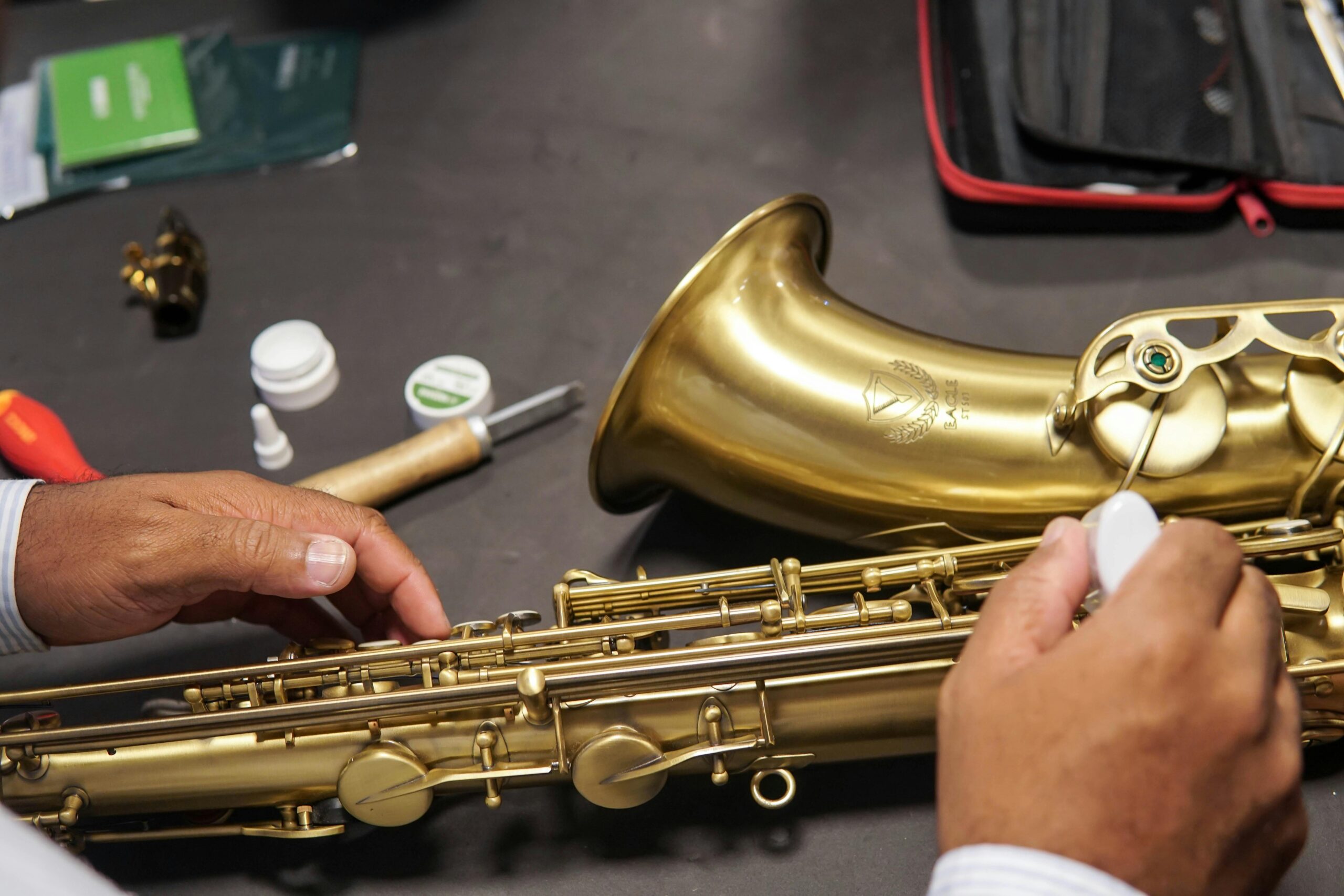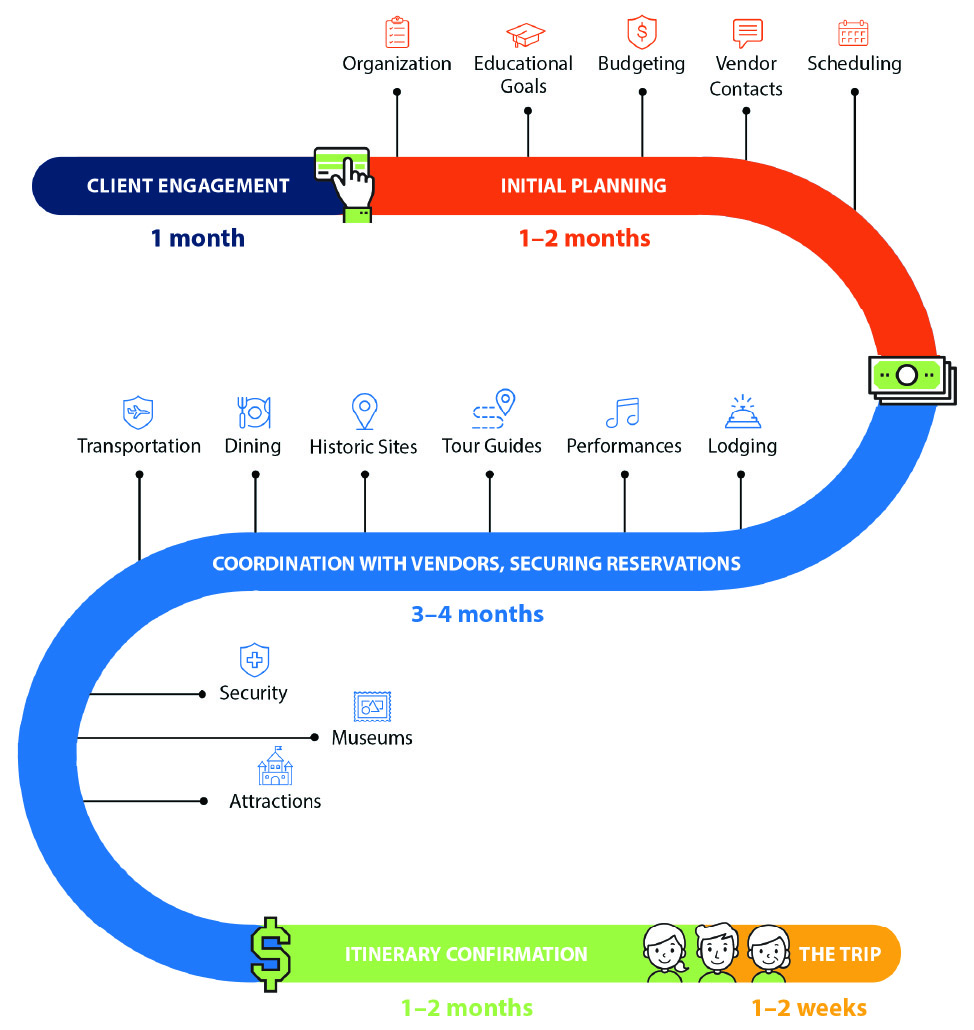 At some point, every band or orchestra director will either retire or move to another career.
At some point, every band or orchestra director will either retire or move to another career.
While there is much emphasis on mentorship and other ways to assist new directors, there are almost no programs to help us with a potentially more difficult transition. The U.S. Army has a mandatory program for anyone leaving the service to prepare them for the next phase of their life. Even with that assistance, leaving a job that you love is tough for everyone. I want to share some lessons that I learned and the research I’ve done into this issue.
In my case, I had over 37 years where I had established an identity as a music director and as a soldier. Prior to retirement from the Army, I was the senior music director in the U.S. Armed Forces and was on speed dial of many officials in the Department of Defense, the Congress, and of course, the media. I received 500-600 emails daily from all over the world. By the way, I also was Leader and Commander of The U.S. Army Band “Pershing’s Own,” one of the largest (and busiest) military music units in the world. Then, one day I was no longer in the Army, my phone wasn’t ringing constantly, the emails stopped, and my schedule was mostly free.
Sounds great, right? As a band or orchestra director, you are probably the most well-known and well-liked person in your community. You have students, parents, and administrators who rely on you. And then suddenly, you are not that person any longer. For each of us there are emotional/psychological, social/family, and financial impacts of this transition.
The identity that you have developed over the years is now essentially gone. I was fortunate to have a colleague warn me that about six months after retiring, I would hit a wall of depression, and he was so right. Because I had been warned about it, I was able to act with my health care provider. Now, imagine if upon your transition, you are now spending more time with your spouse/partner than you ever have before but then find yourself unhappy. Studies show increased divorce rates soon after retirement or a career transition because people make the mistaken assumption that their depression is related to spending time with their spouse.
Brett Favre reportedly said when ending his first retirement from pro football that the one thing about having nothing to do is that it doesn’t take long to do it. To overcome boredom (and depression) it’s important that you know how you see yourself now and how you want others to see you. For many years, your identity was Band/Orchestra director. What’s your identity going to be now?
The impact on your social relationships can be equally challenging. Most of us developed a circle of friends in the music and education communities. When you are no longer in “the biz” who will your friends be now? What will you talk about besides the awesome halftime show that you are no longer writing? This all goes back to who you are now, not who you used to be. The financial impacts of retirement or transition are unique to every individual. However, if you intend to now be self-employed, be serious about it. Create a limited liability company (LLC). Most states let you do it online and it usually costs no more than $100. Keep meticulous records and don’t mess with the IRS. Done right, you can legally deduct lots of things as business expenses. Remember, you don’t have a music library any more so you will be buying lots of scores (don’t be one of those folks whose library is full of illegal photocopies!).
If you are going to follow the self-employed path, be aware that self-marketing, maintaining a website (see mine at ThomasPalmatier.com), and bookkeeping take a lot of time.
There is one terrific way to stay relevant in our profession – being a mentor. I encourage you to read my article in the August 2018 issue of SBO Magazine called “Be a Mentor – Get a Mentor.”
Here are my top five takeaways for those approaching retirement or a career transition:
• Start preparing as far in advance as possible.
• Be prepared for the inevitable challenges. If you are unhappy or depressed, get help!
• You get to define yourself now.
• Stay relevant – be a mentor.
• Enjoy it!
Starting next month in this space, we will have the first installment of the “Colonel’s Book Club.” Every three months I will suggest a book that I think might be helpful to music educators of all ages and experience levels. There will then be a link to a Facebook page where during or after reading, all of us can share our observations, insights, or other thoughts on the book.
Colonel (Retired) Thomas H. Palmatier is the former leader and commander of The U.S. Army Band “Pershing’s Own” and commander and conductor of The United States Army Field Band. He holds degrees in music education from the Crane School of Music (State University of New York at Potsdam) and Truman State University as well as a Master of strategic studies degree from the U.S. Army War College. He is an active clinician, adjudicator, and guest conductor of concert bands, orchestras, British-style brass bands, jazz ensembles, and marching bands. He is a Conn-Selmer Clinician and a member of the American Bandmasters Association.























